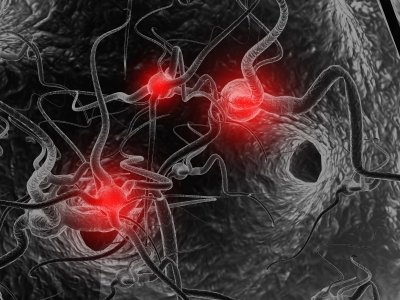
The research showed that the stomach's nerve response does not return to normal after dieters resume their normal diet.
Singapore: A latest research conducted by the New University of Adelaide has established the reason why dieters tend to regain the weight after losing it. It showed that indulging in a high-fat diet can destroy the stomach's signals to the brain.
The research found that the nerves in the stomach that signal fullness to the brain appeared to be de-sensitized after long-term consumption of a high-fat diet. The study led by Associate Professor Amanda Page had a PhD student Stephen Kentish investigating the impact of high-fat diets on the ability of the gut to signal its fullness, and also to find whether those changes revert back to normal by losing weight.
Associate Professor Page explained in the report that laboratory studies showed that the stomach's nerve response does not return to normal upon a return to a normal diet. "This means you would need to eat more food before you felt the same degree of fullness as a healthy individual. A hormone in the body, Leptin, known to regulate food intake, can also change the sensitivity of the nerves in the stomach that signal fullness. In normal conditions, leptin acts to stop food intake. However, in the stomach in high-fat diet induced obesity, leptin further de-sensitizes the nerves that detect fullness, she said.
She further said that the two mechanisms combined meant that obese people needed to eat more to feel full, which fuels their obesity cycle. "These results have very strong implications for obese people, those trying to lose weight, and those who are trying to maintain their weight loss. Unfortunately, our results show that the nerves in the stomach remain de-sensitized to fullness after weight loss has been achieved," she added.
The researchers have not been able to establish whether the effect was permanent or just long-lasting. The research was first published in the International Journal of Obesity.




